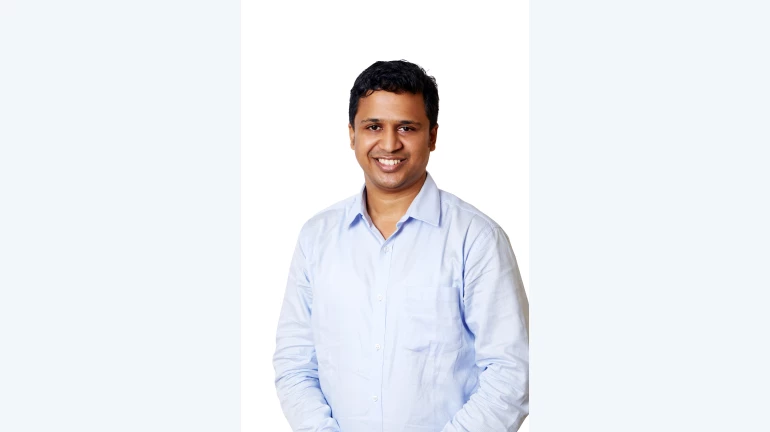
Mpower, a pioneer in Indian Mental Healthcare which commenced as a dream has now become the foremost player in the movement to propel change in mental health and well-being. Dr. Ambrish Dharmadhikari, Psychiatrist & Head, Mpower – The Foundation & Program Coordinator: The Mpower Hub in his conversation with Mumbai Live elaborated on why Mpower was founded.
Dr Dharmadhikari said, “Under the aegis of Aditya Birla Education Trust, Mpower was founded as an aspiration to revolutionize the space of mental health. Mental health is ridden with deep stigma, lack of awareness and inaccessible quality care. To change this landscape of India, Mrs. Neerja Birla pledged and founded Mpower as an ambitious dream in 2016.”
With years of experience in this realm, he also brought to light nuances about the state of mental health in India, he added, “Currently in India the mental health of people is greatly affected but highly neglected by the stakeholders. To give a glimpse, DALY (disability adjusted life years, a unit used to measure burdens of disorders) for mental health disorders has increased from 2.5% in 1990 to 4.7% in 2017. The National Mental Health Survey (NMHS) reports 28-83% gaps in the treatment of mental health disorders. WHO estimates that India is facing an economical loss of US$ 1.03 trillion due to mental health disorders.” He further elaborated, “India is the depression capital in terms of several cases of the world, but I feel the problem could be even bigger since many may not be aware that they are going through a mental health problem due to lack of awareness. The second most populous country is already staring at a mental health crisis. Also, the stigma is so high, that people fear to come out and seek help.”
Dr Dharmadhikari is also of the opinion that physical health continues to hold precedence over mental health in the country because mental health disorders are popularly called invisible disorders, this with high levels of stigma and lack of awareness leads to poor help-seeking compared to physical health which is more visible.
Additionally, with the past year being riddled with the ramifications of the coronavirus pandemic, some of the most affected groups included health and other frontline workers, students, people living alone, and those with pre-existing mental health conditions. Dr Dharmadhikari enunciated that some of the problems they faced included depression, stress, anxiety, interpersonal issues, loneliness and suicide. Those with pre-existing mental health conditions saw them further aggravated.
In light of the pandemic, many claims were also made that services for mental, neurological and substance use disorders were disrupted. On being asked if there was any truth to this claim, Dr Dharmadhikari articulated, “In the earlier part of the pandemic, mental health services did get affected but the scenario changed later. The introduction of telemedicine guidelines by the government, allowed practitioners to provide care to their patients virtually.”
Therefore, he believes that the need of the hour is to ameliorate the mental health sphere in India by increasing the number of qualified mental health professionals and standards of care.
On shifting the conversation to specifically focus on residents of Mumbai, Dr Dharmadhikari remarked that the age group who seeks maximum assistance is 19-40 and the common challenges faced by them are feelings of isolation, loneliness, frustration, anxiety, depression, substance abuse and marital/couple issues. Dr Dharmadhikari voiced, “Mpower 1on1 mental health helpline revealed that millennials were the most impacted by mental health issues, as the most callers were between 26-40 years.”
Furthermore, Dr Dharmadhikari also offered suggestions on how we can make someone who is wading through psychological challenges feel protected, “You should ensure that the person is heard empathetically and non-judgmentally. Listening is an art, one should develop, secondly, the person should be encouraged to seek help from a mental health professional.”
Some measures that he believes we can undertake as a society to counter the mental health epidemic in India comprise the need to normalise talk around mental health, mandate the government to take necessary actions like increasing budget spending, increasing manpower, and providing higher access to common people. Dr Dharmadhikari declared, “It is very important to ensure thorough implementation of the National Mental Health Programme and adherence to the National Mental Health Act.”





